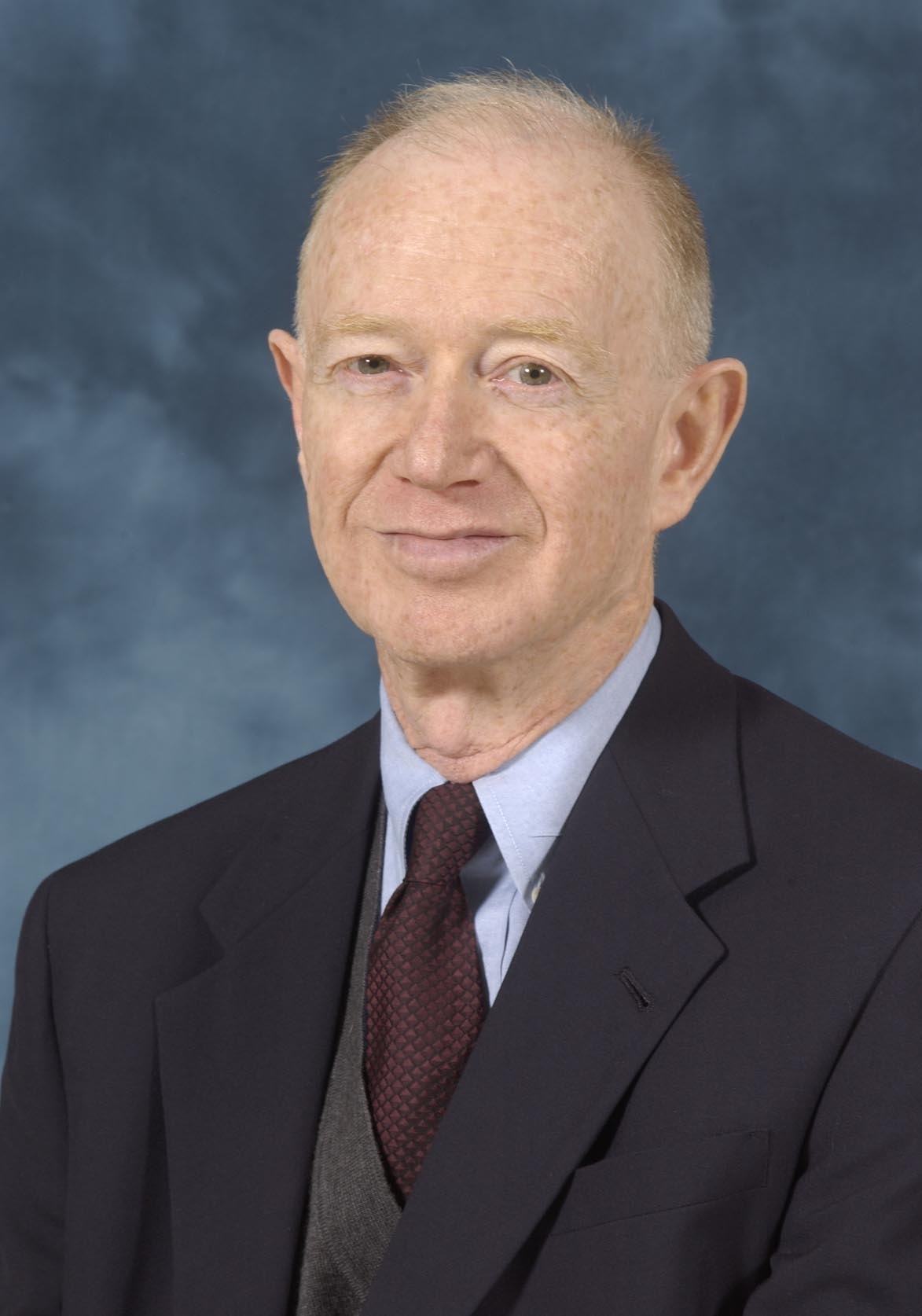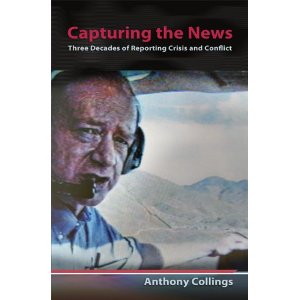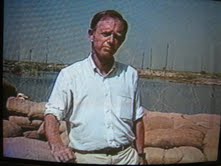
A former colleague of mine at University of Michigan, Tony Collings, brought an amazing reporting resume to Ann Arbor– he was a CNN correspondent for 16 years, following time as a Wall Street Journal reporter in New York, an AP reporter in Moscow, London and Bonn, and the Newsweek bureau chief in Bonn and London.
I learned how to do one-on-one media training from Tony, the master at making even the most nervous researcher seem comfortable on camera. He left reporting to become a lecturer in communication studies at the University of Michigan in Ann Arbor and PR consultant to U-M.
We did an e-mail interview recently about his new book Capturing the News, which tells the story of Tony’s experiences as a foreign and Washington correspondent — including being captured by AK-47–toting Syrians in Lebanon and being detained by the KGB in Moscow for filing stories about Soviet dissidents.
I also asked him if he missed those glamorous days of international reporting.

What made you want to become a journalist? I don’t know. Maybe in the genes. My mother was a writer of novels, short stories, plays and nonfiction articles, and my father was an emigre Russian journalist for a Paris newspaper.
How did you get your position at CNN? My friend Dick Blystone, who had been with the AP in London when I was Newsweek bureau chief in London, joined CNN and encouraged me to follow suit, which I did in April 1981. CNN was looking to add a few older, experienced journalists to its staff, many of whom were fairly inexperienced, especially in foreign news. They had an opening in Rome, and it would involve Middle East coverage, and that was appealing.
What was it like to be there in the early days? Exhilarating but also scary. It was fun helping shape a new type of journalism. We never knew whether this improbable network would get off the ground and stay aloft. And there were some nutty moments, as I point out in the book, such as the time when I was in Rome and a producer in Atlanta informed me that the Pope had venereal disease and would I please get a comment from the Vatican.
Why did you decide to leave reporting? After a while you start looking around to see what else you can do in life, and perhaps avoid some of the stress of deadline pressure. My eldest son suggested I might want to teach, and he was right.
What do you miss most about it? The fun, the wisecracks, and the chance to present truthful, important information to the public.
What do you miss least? The stress of deadline pressure, and the long hours which took me away from my family.
Where did the idea for this book come from? Part of it was my desire to share some stories from my experiences as a journalist, including some funny stories. Part of it was my desire to sound off on some of the worst aspects of journalism that bother me.
What surprised you most in your reporting and writing of it? How wrong my memory was, at times, and how sad that when I went to check my recollections against those of my contemporaries, I discovered that some of them were dead.
What one idea do you most want people to take away from your book? To be very cautious and careful when reading, watching or listening to news reports, and always ask yourself: “What is the journalist basing this on? What are the undisputed, independently confirmable facts in this story?”

How do you feel about the state of war reporting today? There isn’t enough of it, partly due to heightened dangers, partly due to budget cuts by news organizations, and partly due to public apathy. We’re seeing that now with the reporting about Afghanistan; does the U.S. have any real hope of “victory” and if so how is that going to happen? I really liked the reporting in the PBS Frontline report “Obama’s War,” which is archived online. It shows the real frustrations of American soldiers being told to “win the hearts and minds” of people living in a remote, tribal country that doesn’t seem to share many cultural values of the Americans.
Why is war reporting so important that journalists should risk their lives for it? Wars often change history, and have a tremendous impact on our lives, and we the public, paying in blood and treasure for wars, need to know the truth about them, not what politicians tell us. Getting the truth means getting out on the front lines, and that is dangerous for journalists.
You recently had an emotional reunion with CNN colleagues — any twinge of wanting to get back in the game? Yes. In fact I often dream I’m back there, working on a story. But when I wake up I remember the stress and decide I like it better teaching and writing and enjoying Ann Arbor.
What do you like most and least about your career these days? The most: meeting new students, having time to think and write and stay in touch with family and friends. The least: the occasional academic pettiness (which I stay out of but sometimes have to witness).
What’s next for you? Who knows? I’ve started my blog, capturingthenews.com, and I’ve jotted notes for a novel, and maybe there’s another nonfiction book down the road somewhere, but mainly I’m just continuing to teach and looking forward to seeing my grandson, Milo, who will be two in August.

Tony Collings on his days in international journalism and change
